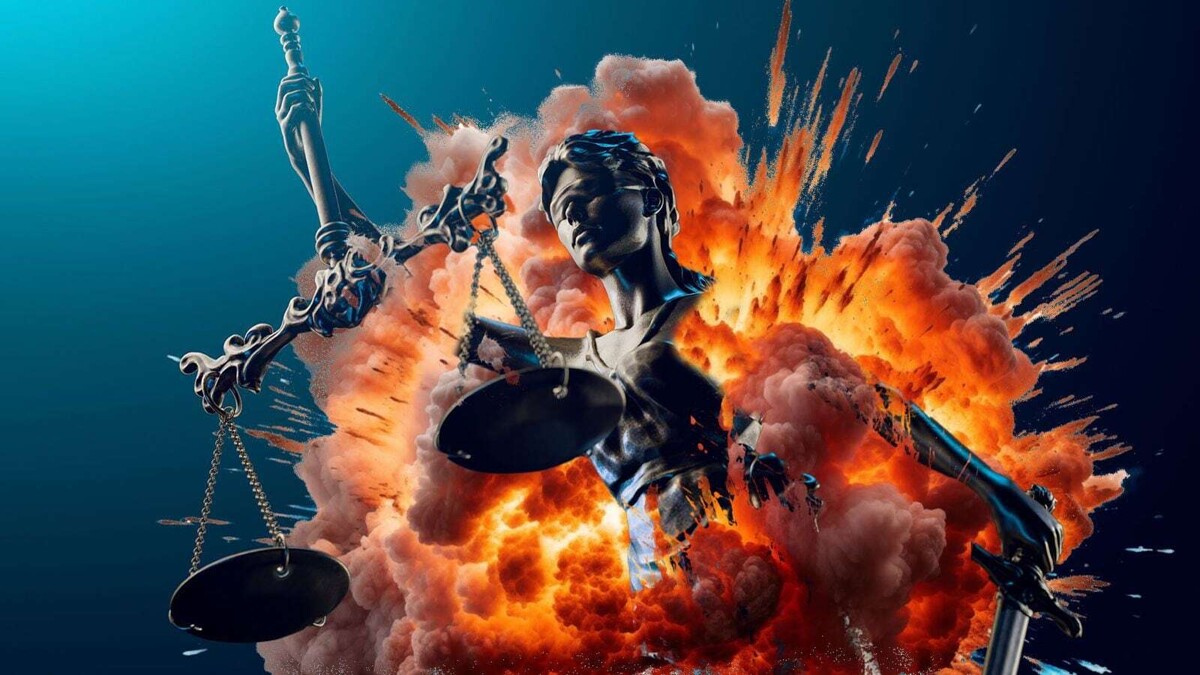
The election of judges is not the solution to the problem of justice administration in the country, experts warn. There is a risk that elected officials will cater to their promoters and voters instead of applying the laws impartially. The Superior Chamber of the Electoral Tribunal of the Federal Judiciary ordered the Judicial Evaluation Committee to resume the process of sending the list of candidates for judges, magistrates, and ministers to the Senate, which had previously been interrupted by the order of two judges. This decision raises doubts about the autonomy of the Judicial Discipline Tribunal that will be formed with the reform of the Judiciary.
According to the rhetoric used to promote the judicial reform, corruption and nepotism in the administration of justice were highlighted, which contributed to the discredit of this branch of government. The recent dispute in the Superior Chamber of the Electoral Tribunal exposes tensions regarding the interpretation of laws and the subordination of some judicial bodies to others. In response to the protest of three magistrates, the Supreme Court intervened to evaluate the case, seeking to resolve the conflict of interpretation of judicial procedures.
The current situation sets a dangerous precedent by allowing the penalization of judges for disagreement with certain decisions, which goes against the principle of legal argumentation. Uncertainty prevails in the rule of law, as the judicial reform seems to favor political interests over impartiality and neutrality in the administration of justice. Citizens are faced with the dilemma of whom to turn to for justice, which could lead to the prevalence of the law of the strongest instead of legal protection.
The construction of certainty and predictability in the administration of justice is compromised by the current situation, in which judges could prioritize the interests of their voters over the strict compliance with the law. The lack of adherence to legal procedures by the Judicial Evaluation Committees calls into question the institutional integrity of the judicial system. The deconstruction of an institutionality that guaranteed the free exercise of rights leaves citizens in a vulnerable position against possible arbitrariness in the administration of justice.












